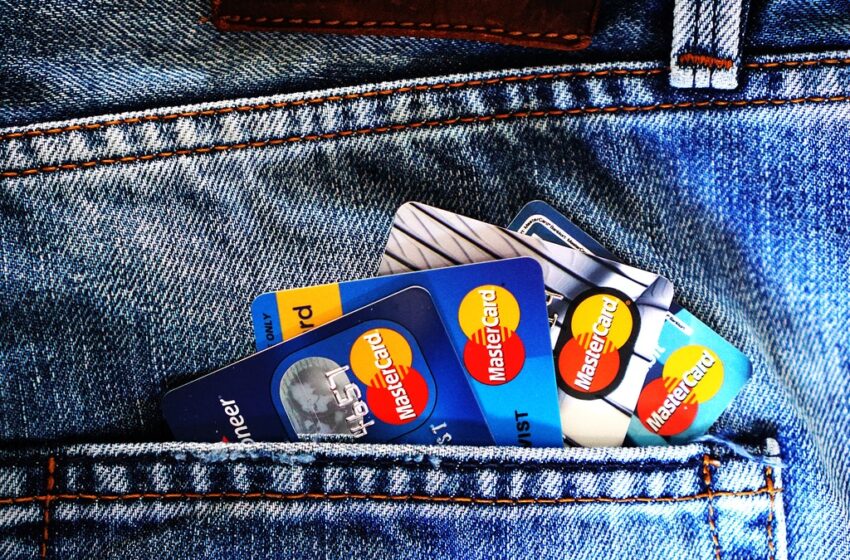
Find Out How Credit Cards Work
Before you get a credit card, it’s important to understand how credit cards work – both financially and behind the scenes. Having this information can help you choose the right card for your lifestyle, as well as learn how to use your credit card the right way. Let’s get started.
What Are Credit Cards?
Credit cards are thin plastic cards that contain identification info like a signature/picture and authorizes the owner to charge purchases or services to his/her account. These charges will be billed periodically to his account. The info on the card is read by ATMs, bank, internet computers, and store readers today.
How Do Credit Cards Work?
After you or the cashier swipes the credit card through a reader, a software dials a stored number to call an acquirer. An acquirers is an organization that collects credit authentication requests from merchants and provides the merchants with a payment guarantee. Once the acquirer company gets the card authentication request, it checks the record on the magstripe (magnetic black strip on credit cards) for-
- Merchant ID
- Valid card number
- Expiration date
- Credit-card limit
- Card usage
After this, your bill is paid.
Basic Things That Lenders Look for When It Comes to Qualifying for Credit Cards
-Good payment record
If you pay all of your bills on time, you’ll score points with lenders. If you have tons of late payments, this can reduce your chances of getting a card. If you do qualify for a credit card, the interest rates will be very high.
-Controlled debt payments
Generally, lenders want to see that you’re a good credit risk and that you aren’t living beyond your means. This means that your non-mortgage credit payments shouldn’t exceed more than 10 to 15 percent of your take-home pay each month.
-Signs of responsibility and stability.
Lenders lookout for things such as longevity in terms of your job and residence as signs of stability.
-Closing unused cards
If you have credit cards that you don’t use anymore, don’t close your account. Doing this can lower your credit score because your available credit limit drops and credit utilization ratio increases. Instead of closing the account, just keep your card tucked away, someplace safe.



